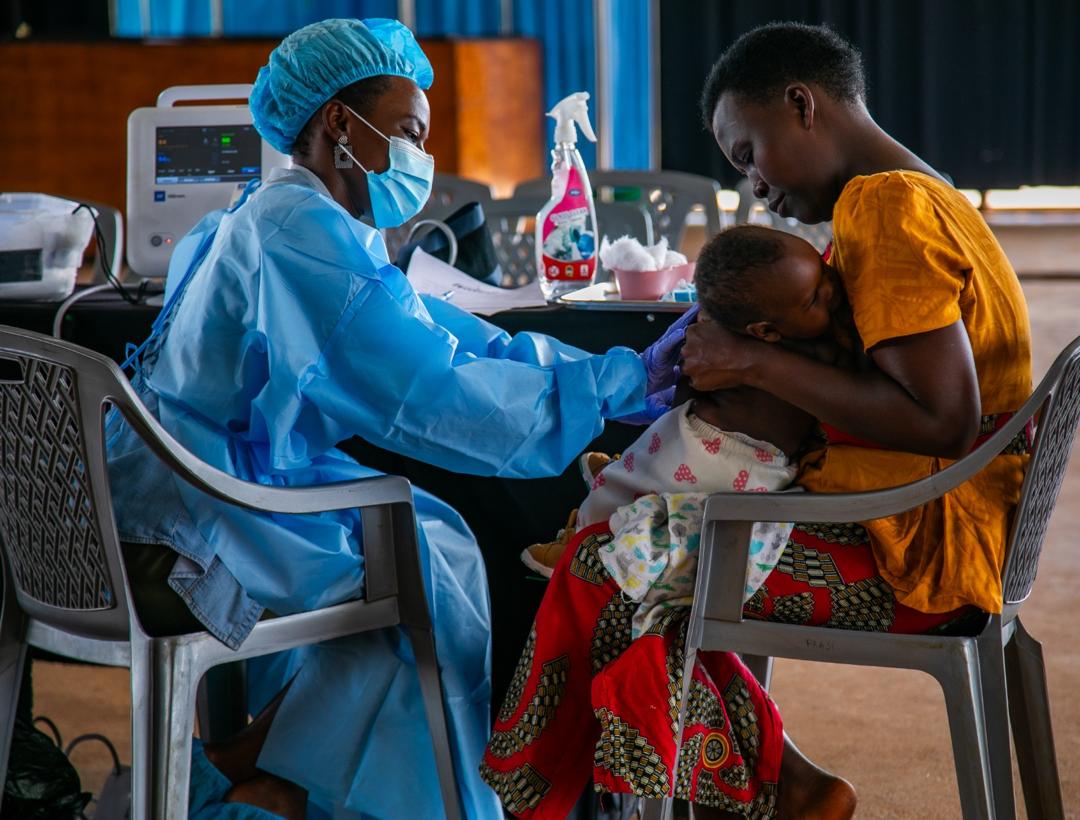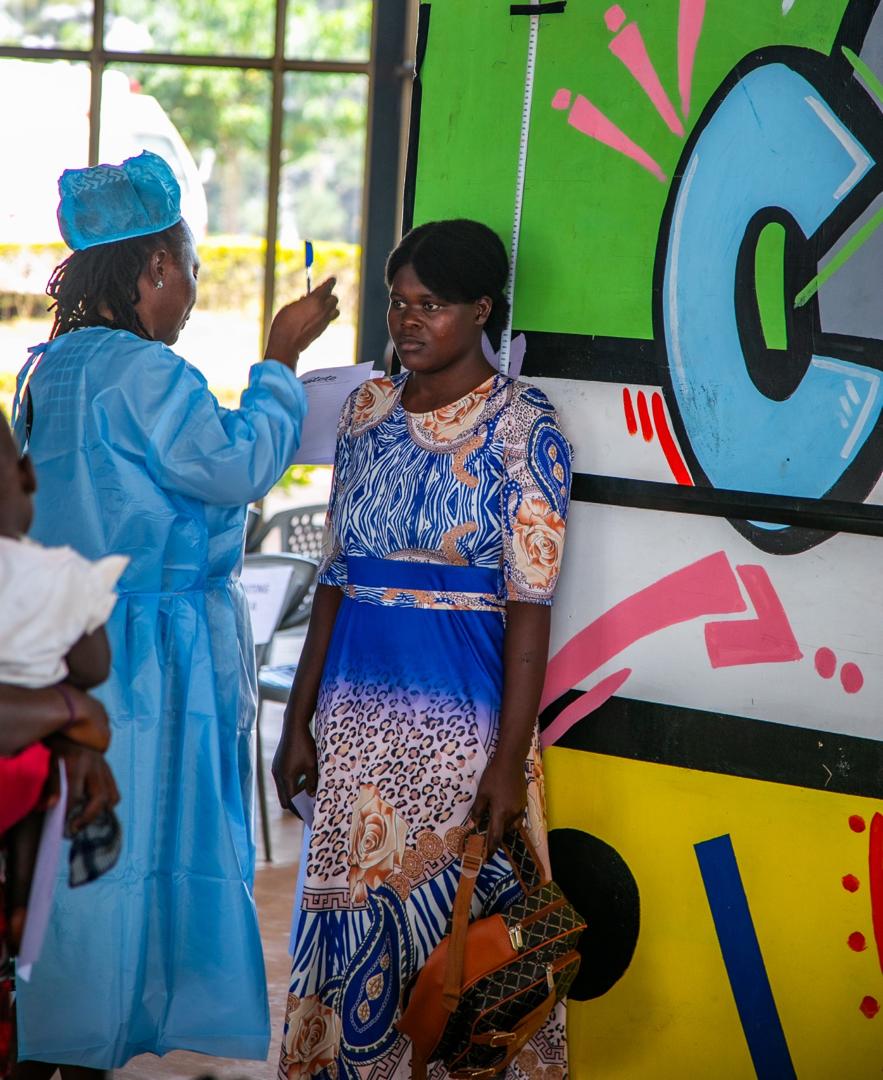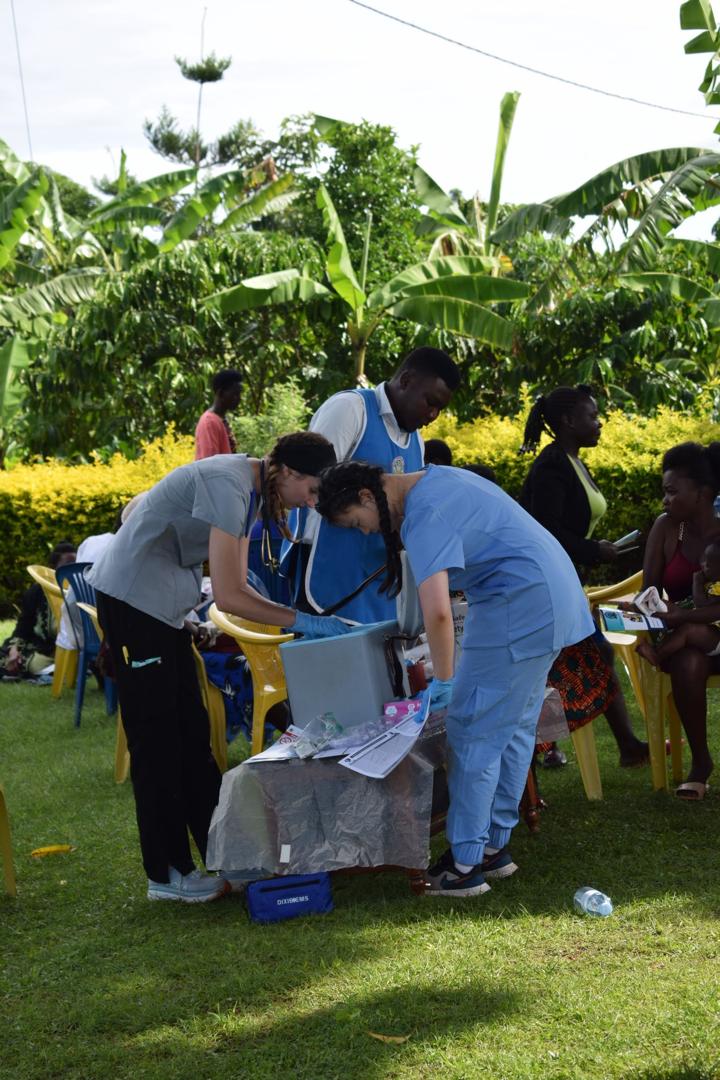Beyond Access: Why Affordability and Trust Are the Missing Pieces in Uganda's Healthcare Innovation
In Uganda today, healthcare innovation is moving fast. Yet despite this progress, the average Ugandan remains locked out of care, not because services don't exist, but because they cannot afford them, or don't trust them.

In Uganda today, healthcare innovation is moving fast. Every year, more digital health tools are developed—apps to book appointments, platforms for telemedicine, dashboards for supply chain management, and health insurance products with sleek interfaces. Yet despite this progress, the average Ugandan remains locked out of care, not because services don't exist, but because they cannot afford them, or don't trust them.
It's time we confront a hard truth: innovation without local grounding becomes exclusion.
The Unemployed Doctor Dilemma: A System Built on Frustration
Uganda produces over 1,000 doctors and clinical officers annually, many trained with public funds. But the health system absorbs only a fraction of them. The rest, often burdened by the desire to serve and the pressure to survive, turn to private practice—opening small clinics, often in under-served urban areas or rural towns.
But here's the catch: these clinics must generate income, and in doing so, they sometimes price their services in ways that are disconnected from the value they deliver. A consultation may cost 20,000–30,000 UGX—out of reach for many—yet the quality of care is often constrained by poor equipment, erratic drug supply, or lack of diagnostics.
This mismatch has created a new kind of trust gap: not between patient and system, but between patient and practitioner.
When Health Systems Lose the Trust Battle
In rural Uganda, people don't seek care just because it's available. They seek it because it's affordable, relational, and trustworthy. In the past, patients would walk for hours to reach a known government nurse or a respected community health worker. Today, they're surrounded by clinics with signboards but no guarantees of value.
This is compounded by an uncomfortable truth: cash-based private healthcare has introduced suspicion into the care equation. Many people ask, "Will I be treated based on what I paid?" or worse, "Will I be overcharged for a simple case?"
Healthcare becomes not just a service—but a negotiation, a risk.
Why Digital Health Tools Are Failing to Take Root
Uganda has seen a boom in digital health pilots and platforms:
- SMS-based maternal health alerts
- Mobile apps for appointments and prescriptions
- Digital insurance wallets and payment solutions
Yet adoption remains shockingly low.
Why?
Because most of these tools assume:
- That users have regular access to smartphones
- That people pay upfront for care
- That households manage cash transactions
- That clinics have the logistics to support digital payments
These assumptions do not reflect Uganda's reality, where:
- Over 70% of people are in informal economies
- Mobile phones are often shared, not personal
- Income is non-regular and non-monetary
- Families barter with livestock, crops, or labor


